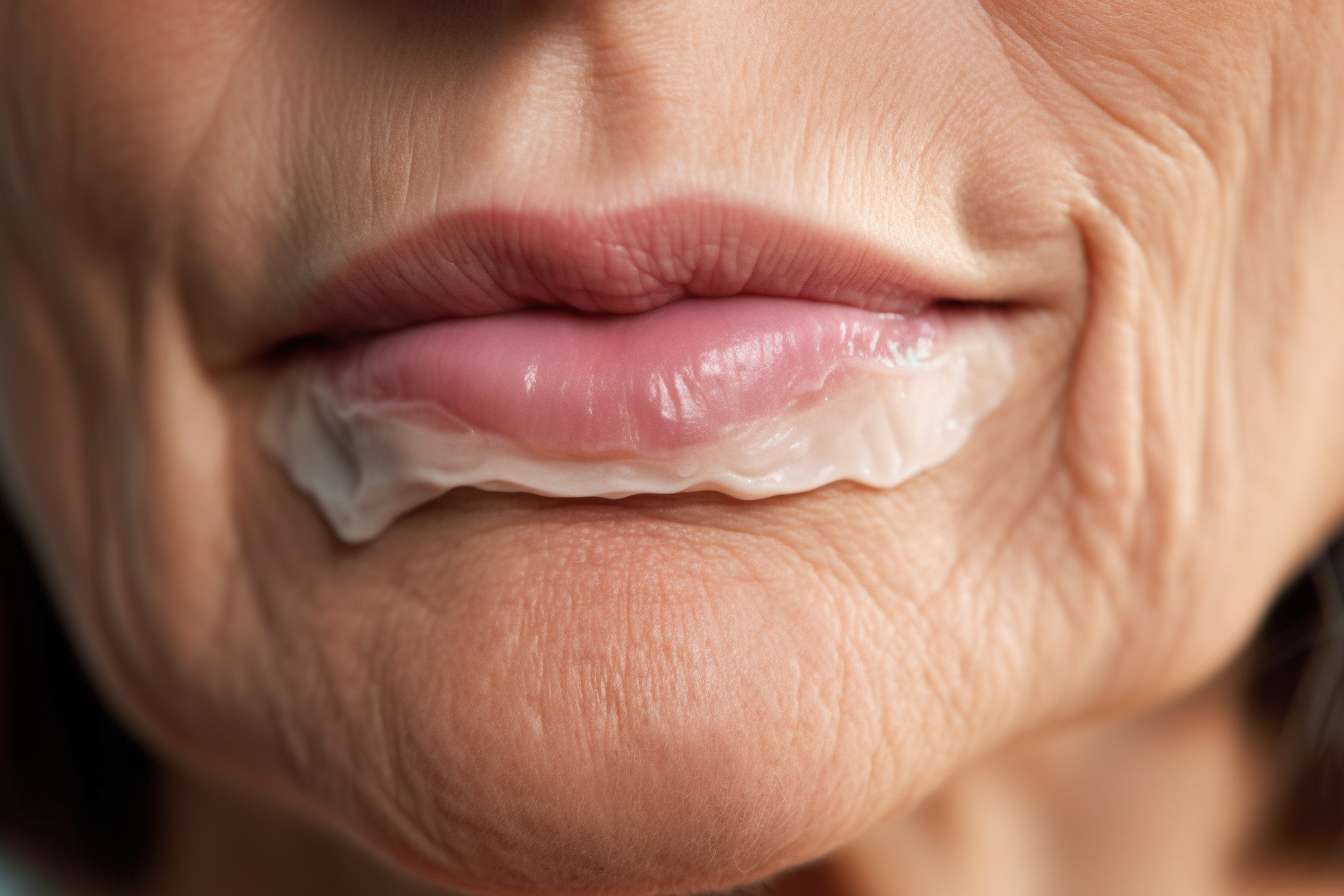Understanding Dark Spots: Causes, Treatments, and Prevention
Dark spots on the skin, also known as hyperpigmentation, are a common concern for many individuals. These patches of discoloration can appear due to various factors and affect people of all skin types. This article explores the causes of dark spots, effective treatment options, and preventive measures to maintain clear, even-toned skin.

-
Hormonal changes: Pregnancy, birth control pills, or hormonal imbalances can cause melasma, a type of hyperpigmentation.
-
Inflammation: Acne, injuries, or skin conditions can leave behind post-inflammatory hyperpigmentation.
-
Aging: As we age, the skin becomes more susceptible to dark spots due to cumulative sun damage and hormonal changes.
-
Certain medications: Some drugs can increase skin sensitivity to sunlight or trigger hyperpigmentation as a side effect.
Understanding these causes is crucial for effective treatment and prevention of dark spots.
How do skincare treatments address hyperpigmentation?
Various skincare treatments can help reduce the appearance of dark spots and even out skin tone:
-
Topical treatments: Over-the-counter and prescription creams containing ingredients like hydroquinone, kojic acid, vitamin C, or retinoids can help fade dark spots by inhibiting melanin production or promoting cell turnover.
-
Chemical peels: These treatments use acids to remove the top layer of skin, revealing fresher, more evenly toned skin underneath.
-
Microdermabrasion: This procedure gently exfoliates the skin’s surface, helping to diminish dark spots over time.
-
Laser therapy: Various types of lasers can target pigmented areas without damaging surrounding tissue, effectively reducing dark spots.
-
Intense Pulsed Light (IPL) therapy: This treatment uses broad-spectrum light to target melanin and break up pigmented areas.
It’s important to consult with a dermatologist or skincare professional to determine the most suitable treatment for your specific skin type and concerns.
What role does skincare play in managing dark spots?
A consistent skincare routine is essential for managing and preventing dark spots:
-
Sun protection: Daily use of broad-spectrum sunscreen with at least SPF 30 is crucial to prevent further hyperpigmentation and protect treated areas.
-
Gentle cleansing: Use a mild cleanser to avoid irritation that could lead to post-inflammatory hyperpigmentation.
-
Exfoliation: Regular, gentle exfoliation can help remove dead skin cells and promote a more even skin tone.
-
Targeted treatments: Incorporate serums or creams with brightening ingredients like vitamin C, niacinamide, or alpha-arbutin into your routine.
-
Moisturization: Keep skin hydrated to maintain its overall health and barrier function.
Consistency is key when addressing dark spots through skincare, as results may take several weeks or months to become noticeable.
Are there natural remedies for dark spot removal?
While professional treatments and targeted skincare products are often most effective, some natural remedies may help improve the appearance of dark spots:
-
Lemon juice: Contains vitamin C and has natural bleaching properties, but should be used cautiously due to its acidity.
-
Aloe vera: May help reduce inflammation and promote skin healing.
-
Green tea extract: Contains antioxidants that may help protect the skin and reduce pigmentation.
-
Licorice extract: Has skin-brightening properties and may help inhibit melanin production.
-
Turmeric: Contains curcumin, which has anti-inflammatory and antioxidant properties.
It’s important to note that natural remedies may be less potent than professional treatments and results can vary. Always patch test and consult with a dermatologist before trying new treatments, especially if you have sensitive skin.
How can dark spots be prevented?
Prevention is often easier than treatment when it comes to dark spots. Here are some key strategies:
-
Sun protection: Use broad-spectrum sunscreen daily, wear protective clothing, and seek shade during peak sun hours.
-
Gentle skincare: Avoid harsh products or treatments that could irritate the skin and lead to post-inflammatory hyperpigmentation.
-
Treat underlying conditions: Address acne, hormonal imbalances, or other skin conditions promptly to prevent dark spots from forming.
-
Maintain a healthy lifestyle: A balanced diet, adequate hydration, and stress management can contribute to overall skin health.
-
Be cautious with certain medications: If you’re taking medications that increase sun sensitivity, take extra precautions to protect your skin.
By incorporating these preventive measures into your daily routine, you can significantly reduce the likelihood of developing dark spots and maintain a more even skin tone.
In conclusion, dark spot removal is a common skincare concern that can be addressed through a combination of professional treatments, targeted skincare products, and preventive measures. Understanding the causes of hyperpigmentation and adopting a comprehensive approach to skin health can lead to noticeable improvements in skin tone and texture. Remember that patience and consistency are key, as results may take time to become visible. Always consult with a dermatologist for personalized advice and treatment recommendations tailored to your specific skin needs.
This article is for informational purposes only and should not be considered medical advice. Please consult a qualified healthcare professional for personalized guidance and treatment.






